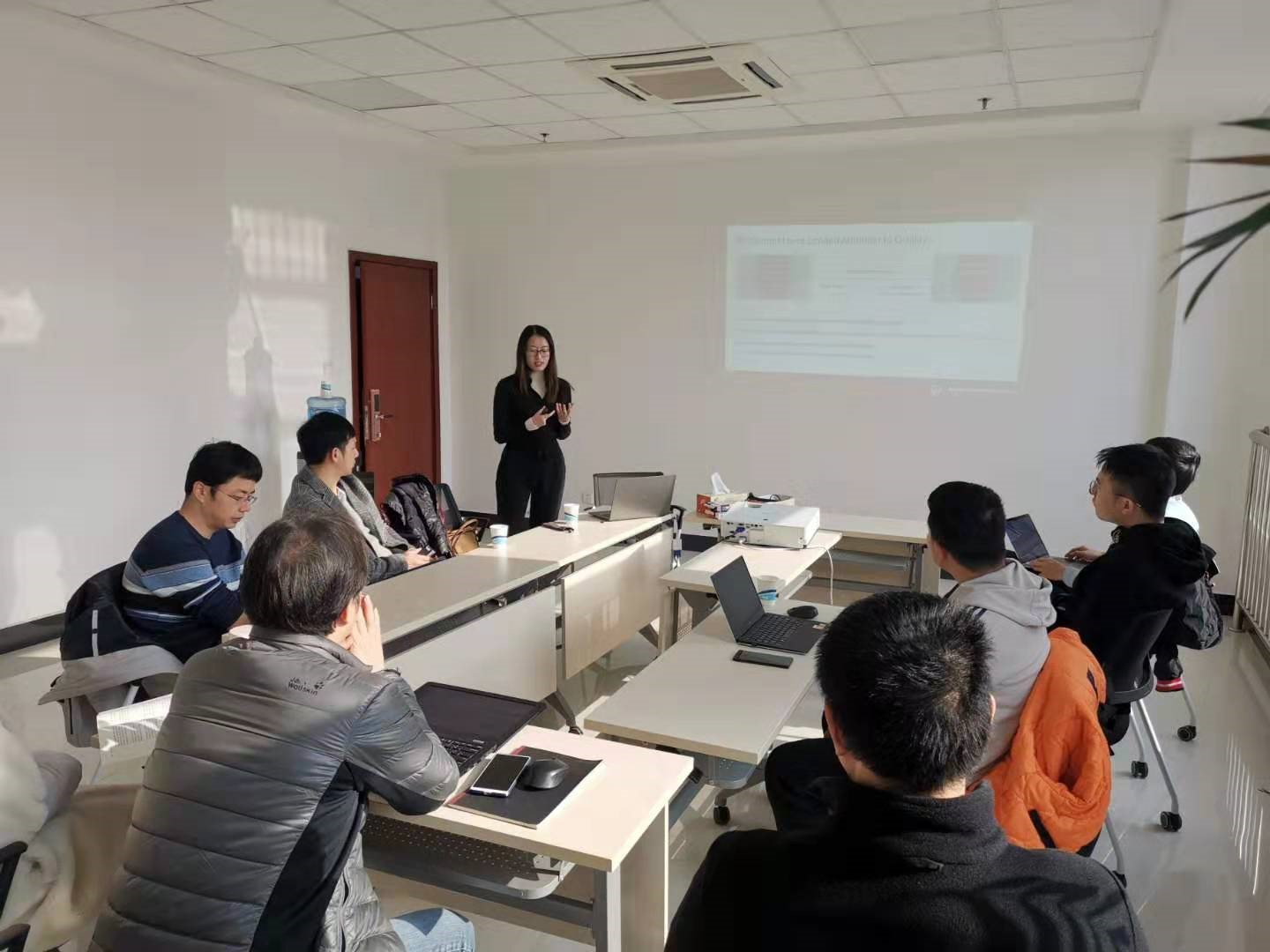12月19日上午,美国德州农工大学的王韵博士访问中心并在弘远楼309会议室开设题为《有限注意力下的最优广告策略》的学术报告。学术报告由中心主任雷震教授主持,中心多位老师、学生参加了此次报告。
王韵博士研究了市场营销学里的一个重要问题:厂商应该采取信息型的广告设计策略还是体验型的(Persuasive)广告策略,以及在什么情况下后者更优。通过博弈论的理论模型研究,王韵博士发现,当对消费者来说获取信息的费用足够低的时候,高质量产品的厂商更应该采用体验型的广告策略,而低质量产品的厂商总是应该采取体验型而非信息型的广告策略。
该研究既有趣又有很高的应用价值,参会师生在会后进行了热烈的讨论。

题目: Optimal Advertising Content Under Limited Attention
主讲人: Yun Wang (Mays Business School, Texas A&M University)
时间:2019年12月19日 10:30
地点:弘远楼309
Abstract: Should competing firms pursue informative advertisements about quality to establish vertical quality from prices in the absence of differentiation, or persuasive advertisements about subjective differences with the competitor to establish horizontal differentiation? I investigate this question, taking into account the upstream effects of consumers having limited attention, and downstream pricing decisions. Applying the theory of rational inattention to capture the realism of attention being a scarce resource for consumers, I am able to model how competing firms make this key advertising decision when consumers endogenize information acquisition given quality uncertainty in firms’ products. I obtain two key findings from my research. First, and most intuitively, the low-quality firm always prefers persuasive advertising to avoid disclosure of quality disadvantages. But counter-intuitively, this does not mean that a high-quality firm necessarily finds it advantageous to be informative about its high quality. Specifically, when information cost is low, the benefit of horizontal differentiation through persuasive advertising dominates vertical differentiation through informative advertising; when information cost is high, the reverse happens. My second key theoretical finding is the relationship between advertisement and pricing. Interestingly, there are conditions under which a high-quality firm can charge a lower price than a low-quality firm as a partially separating equilibrium, if strategically sophisticated consumers are able to infer quality from prices in the absence of product information in persuasive advertising.
